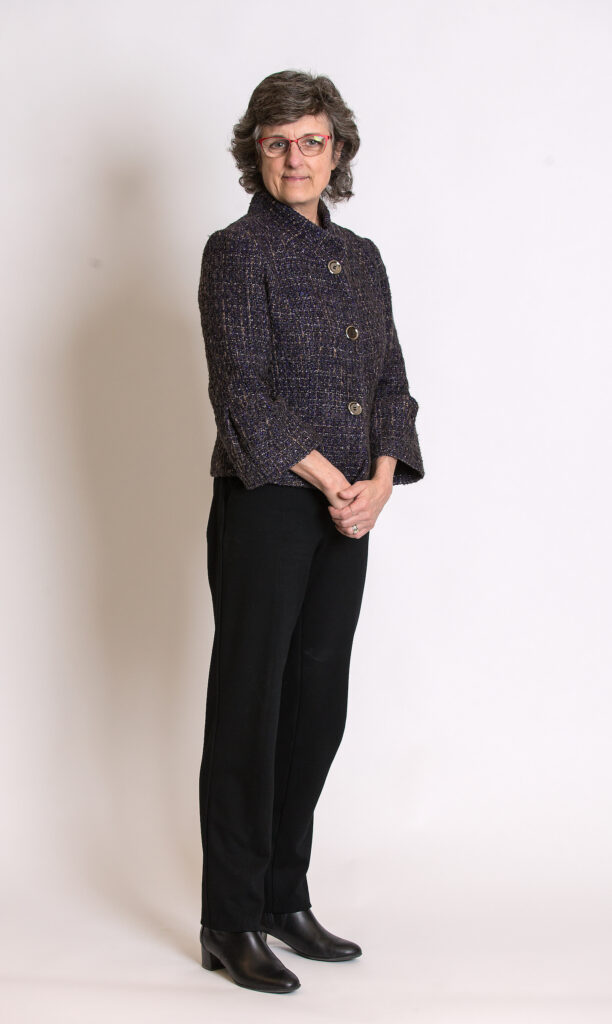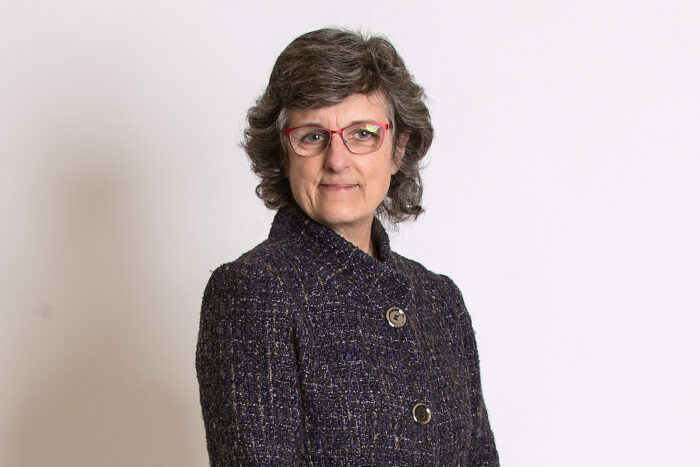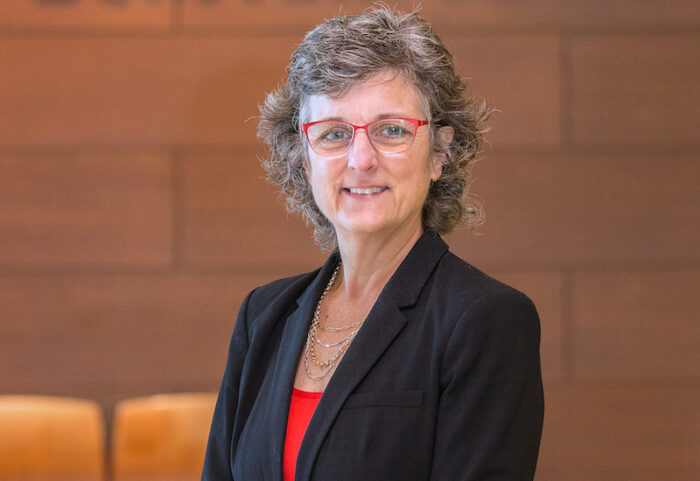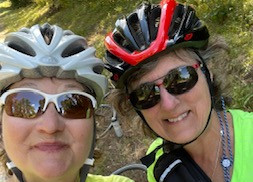
Excerpt – My previous blog post, Memory Matters—Recalling Rwanda, introduced the unforgettable experience I had at a 2024 summer conference in that country, which was held in conjunction with the 30th anniversary of the Genocide Against the Tutsi. What I saw, what I heard, what I felt furthered my foundational belief and commitment directing the Andrew Center for Restorative Justice at Marquette University Law School.
To begin basically: memory, through storytelling, is essential to moving beyond violence and harm — the first step toward cultivating healing and safety for those harmed and accountability and compassion for those who harmed. In Rwanda, where more than one million children, women, and men were slaughtered over three months, any hope for peace requires remembering to commemorate those innocents who died because of ethnic hatred propagated in the name of revenge. In a country where genocide survivors and perpetrators are neighbors, co-workers, and even family members living side-by-side, that means putting a face to those behind the staggering statistics, which alone cannot truly speak to the senseless brutality.
Last July, I saw some of the faces during visits to two of nearly ten genocide memorials the Rwandan government created a decade after the unspeakable happened in summer 1994. This blog post is harder to write than the previous one because each of those faces — captured in time by photographs or symbolically present through stark physical remnants of the victims as well as perpetrators — represents a life story. Maurice, a guide at one of the memorials and genocide survivor, explained simply, “Sharing stories brings the humanity back to us.” That struck me. Who is remembered readily by loved ones left behind is why we all must not look away but rather remember through respectful commemoration. I write this perhaps-painful-to-read blog in that spirit.
- Read the entire blog HERE.
- There is still time to reserve your conference spot: Andrew Center for Restorative Justice Conference – The Union of Restorative Justice, Health Care, and Street Outreach: A Healing Approach to Preventing Gun Violence (Oct. 24 and 25).


